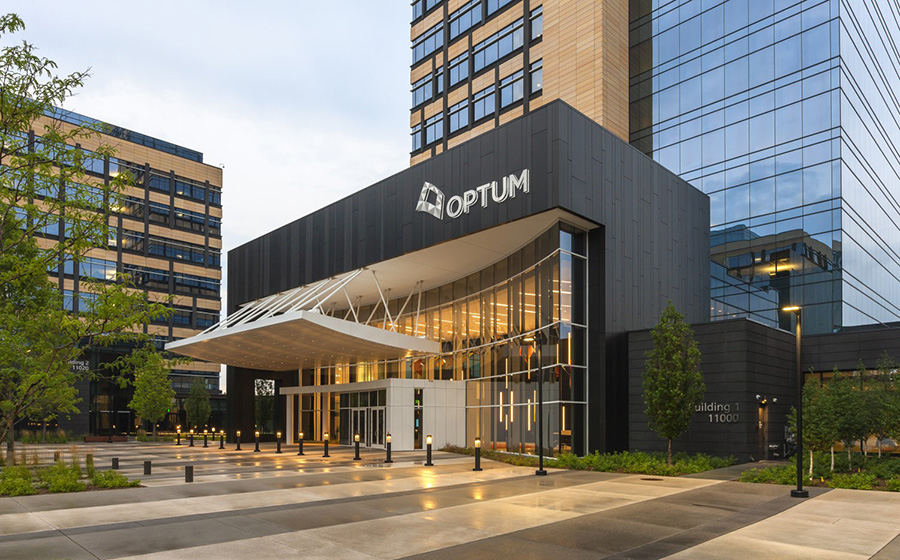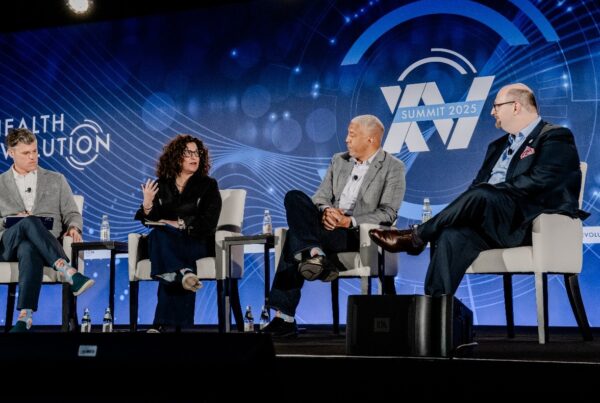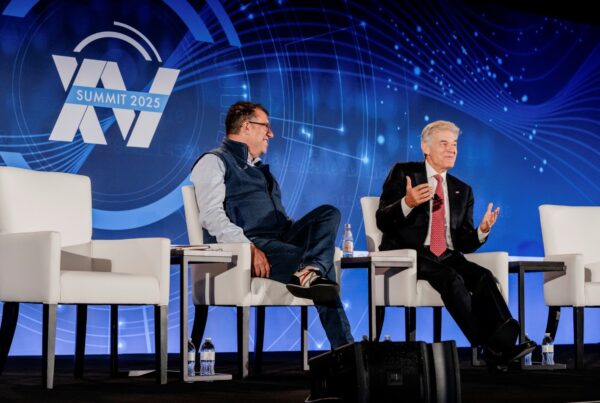Were you expecting a quiet year?
After 2020 was disrupted by the pandemic and M&A activity saw an overall decline, the health care industry has already seen four significant moves and it’s just the first week of January.
It all started when CNBC reported that Haven, the joint health care venture from Amazon, JP Morgan Chase and Berkshire Hathaway, will be shut down at the end of February. Moreover, there were three major acquisition deals announced in the span of three days. First, Centene, midwestern health insurer, announced it was acquiring Magellan Health, a pharmacy benefits manager that provides mental health services, for $2.2 billion. On Wednesday, Optum, the analytics company under the UnitedHealth Group umbrella, announced it was acquiring Change Healthcare, the multi-billion-dollar health IT and claims data management company, for approximately $8 billion. And the same day, AmerisourceBergen announced it was acquiring Walgreens Boots Alliance Inc.’s pharmaceutical wholesale businesses for about $6.5 billion.
Here’s a closer look at these four announcements:
Haven shutters—what happened? In three short years, the Amazon-JP Morgan Chase-Berkshire Hathaway venture went from a highly touted collaborative and disruptive force, with a well-known CEO in Atul Gawande, MD, famed surgeon, writer and researcher, to closing entirely. There are many theories on why the company, which aimed to disrupt health care by using its combined purchasing power as individual employers to implement new models of care and lower costs, sunk so fast. The most basic reasoning, according to CNBC, was the “three founding companies executed their own projects separately with their own employees.” This article from STAT, citing former employees, says the company “lacked a clear vision as well as a strong leader.” This article from Harvard Business Review sums up many of the problems: The companies had insufficient market power, the incentives in the health system aren’t aligned with what they are trying to do, and poor timing due to the COVID-19 pandemic. According to former President and CEO of the National Business Group on Health, Brian Marcotte in an interview with Chrissy Farr, geographically speaking there were very few areas where “Haven would have been the dominant player.” Regardless of the end result, many experts expect that Amazon’s play into health care has only just begun.
Read more: Data Dive: 20 cities ripe to become Amazon health hotspots
Centene buys Magellan Health. Centene has been busy in the last year making acquisitions. In late 2020, the health insurance company based in St. Louis, announced it had acquired Apixio, an AI company and PANTHERx, the largest specialty pharmacy in the U.S. New year, same Centene. This time, the insurance company made a $2.2 billion acquisition of Magellan Health, a pharmacy benefits manager focused on the mental health and substance abuse space. After the deal closes, Magellan will operate independently of Centene. In a call with analysts, Michael Neidorff, Centene’s CEO, said medical costs get significantly higher when combined with behavioral health conditions. “We believe as you move forward in health care, you have to integrate it. We’re dealing with very vulnerable populations,” Neidorff said on CNBC’s “Squawk on the Street” program. He said that many of Centene’s members require behavioral health services and these integration efforts will reduce costs.
UnitedHealth’s Optum buys Change Healthcare. UnitedHealth Group’s OptumInsight announced it was acquiring Change Healthcare for a deal of about $8 billion or more specifically, $25.75 a share in cash. The deal will combine the two entities’ software, data analytics and revenue cycle capabilities. Neil de Crescenzo, Change Healthcare’s CEO and a member of Health Evolution’s Leadership Committee, will lead the combined business unit as the CEO of OptumInsight. The move is the latest example of UnitedHealth finding outside ways to grow its business beyond being one of the largest health insurance companies in the U.S., reports Forbes. UnitedHealth’s Optum bought Advisory Board’s health care business for $1.3 billion in 2017 and the company acquired a remote mental telehealth provider for $470 million in April and an online pharmacy startup for $300 million in September. United also operates OptumRX, one of the nation’s largest pharmacy benefit managers.
Walgreens sells pharma wholesale business to AmerisourceBergen. Walgreens sold its Alliance Healthcare business to AmerisourceBergen, the pharmaceutical wholesale company based in Pennsylvania, for $6.5 billion, the company announced. Also part of the deal, Walgreens extended its commercial agreement with AmerisourceBergen for an additional three years through 2029 and in the UK until 2031. The move, Walgreens says, will allow the company to focus on its core retail pharmacy and health care businesses. In the last year, Walgreens has moved forward with Village MD through a three-year, $1 billion investment that will aim to expand primary-care services to the tune of up to 700 clinics across 30+ markets in the country. Health Evolution spoke to Village MD CEO Tim Barry and Walgreens senior vice president of pharmacy and health, Rick Gates, about the partnership in September 2020.











